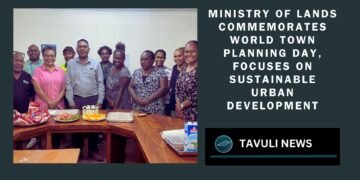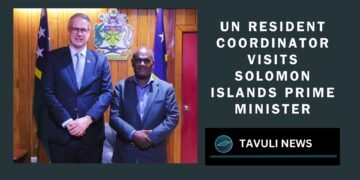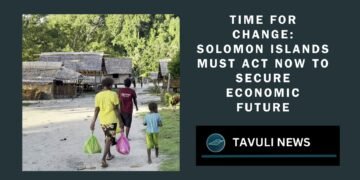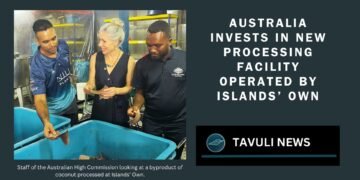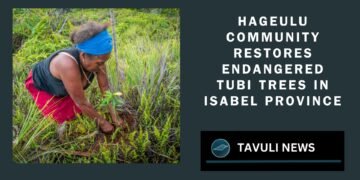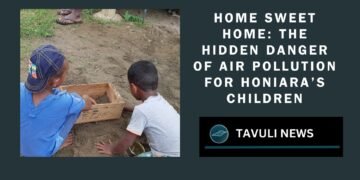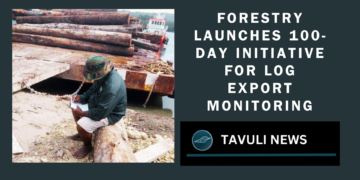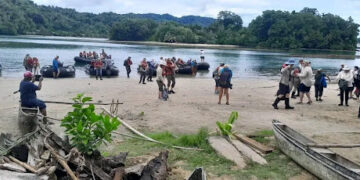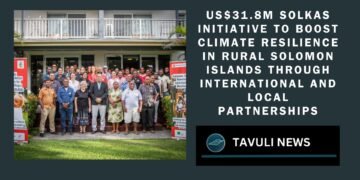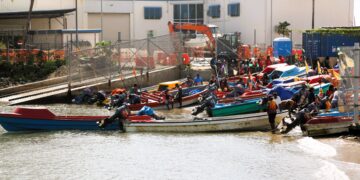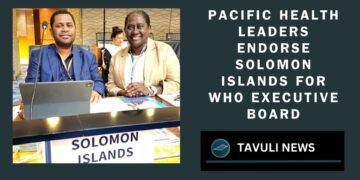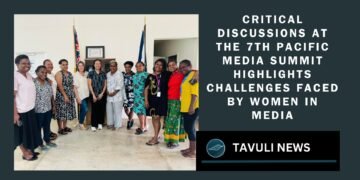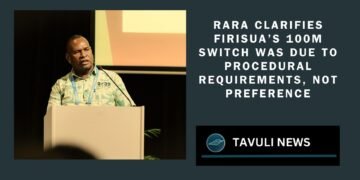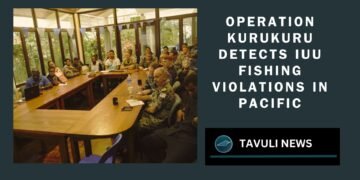Solomon Islands women navigate economic struggles through skill development while calling for effective policy implementation
By Ana Do’oro (News Intern)
Women play a crucial role in our local economy. Whether in formal or informal sectors, their contributions are essential. Many women across the country are primary breadwinners and often juggle work with household duties, presenting significant challenges for them.
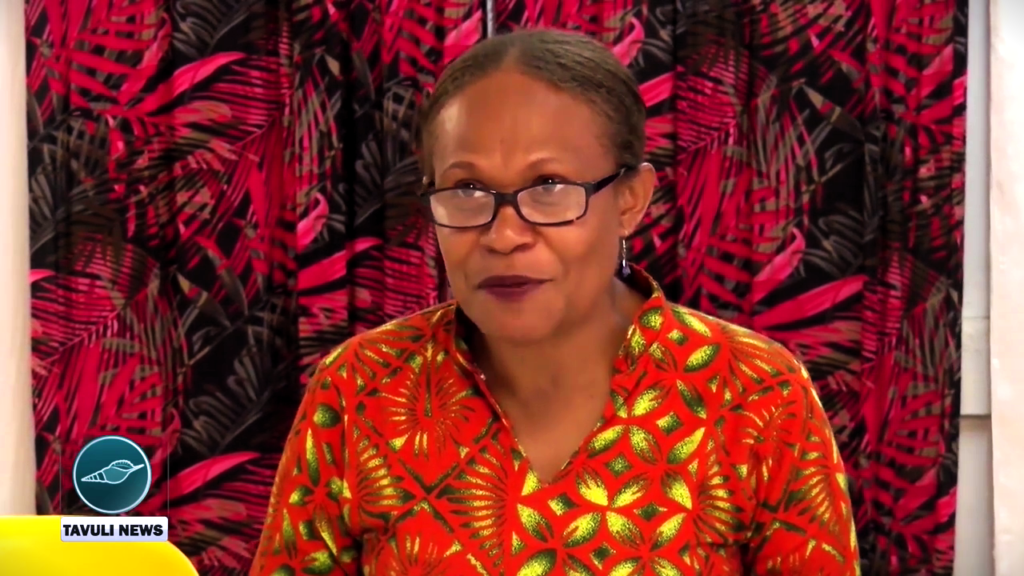
“One of the reasons women face many challenges is because of our cultural norms,” says Rachel Rahii, CEO of the Solomon Islands Women in Business Association (SIWIBA). Rahii explains that women are expected to look after the home and carry out household chores. When challenges arise in putting food on the table or earning enough money to support their children, they often have to go out to work to earn an income. “The second challenge is education. A lot of research found that many women do not go beyond tertiary education. The third challenge is poor infrastructure.”
Some women seek ways to gain skills and knowledge to earn money. Take Christa, a 25-year-old from Isabel Province. Christa’s high school education ended when she reached Form Three (Year 9). With no money for her school fees, Christa returned to her village, where she stayed for two years, finding ways to make money for her school fees. When she was able to, she continued her education at a Vocational Training School for three years before coming to Honiara to expand her knowledge through practical training. She then joined Island Hero, a local tailor business owned by Rose Korinihona. Rose, apart from running the tailor shop, also teaches young girls and women to sew.
“When you have skills, you will find it easy to earn an income,” says Rose. Speaking on unemployment, Rose says it is good for people to find something they are skilled at and work on it to become entrepreneurs. She believes education alone is not enough and that young Solomon Islanders should try to find something they are good at, work on improving themselves, and turn that skill into a business. She encourages Solomon Islanders to not only focus on an education to land formal employment but also to broaden their knowledge.
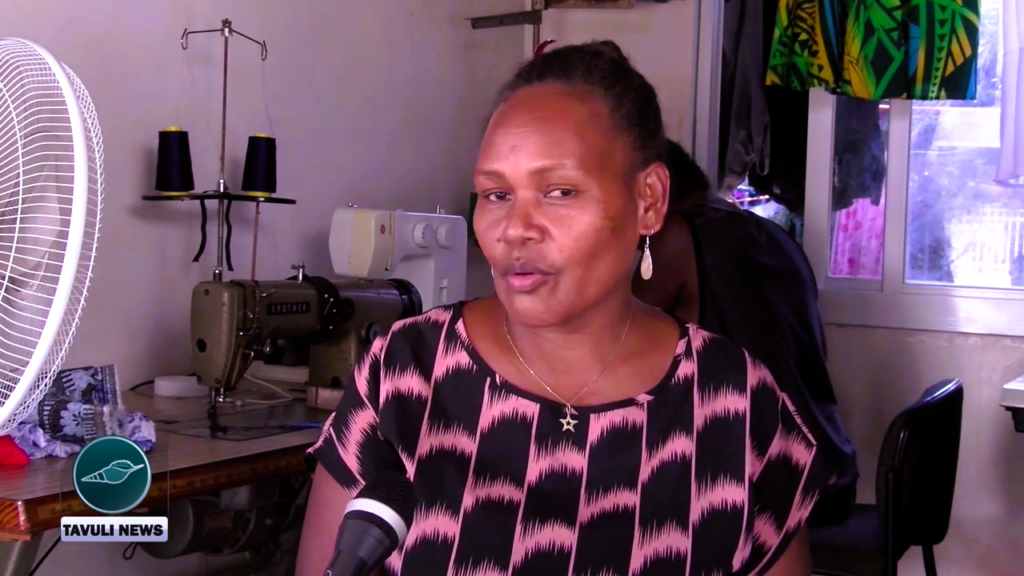
Recent reports indicate a global economic downturn that has affected incomes across many businesses, including those in the country. Contributing factors include the COVID-19 pandemic, the war in Ukraine, and domestic disruptions such as the 2021 riots, all of which have influenced the current economic climate. Along the suburbs of Honiara, women market vendors said their business is not the same anymore. “The price of goods has gone up. We do not sell our produce and products as we used to in the past. People do not buy as they used to.”
Rahii from SIWIBA calls on the government to do more in implementing its policies. She says existing policies are in place but have never been implemented. “Some of the policies are also too far-fetched,” she said, noting that this is to be expected when policymakers are those sitting in high offices who have never felt what it is like to do business in the country. “The government should work with a third party to support the implementation of its policies,” Rahii said.
The government recently held a two-day National Economic Summit in its endeavors to tackle the economic situation in Solomon Islands, hoping to address the issues faced by everyday Solomon Islanders and businesses.




